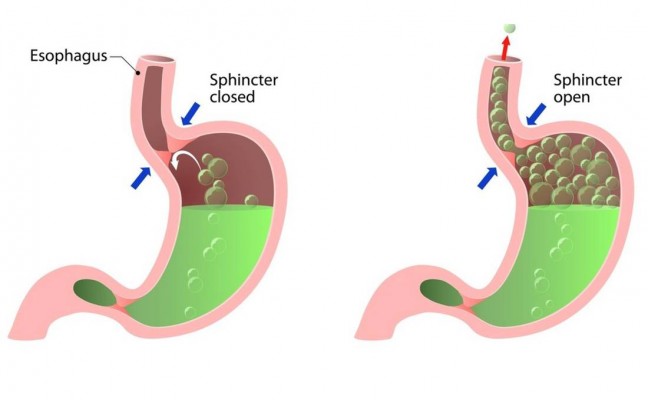Everybody burps. Belching is a normal, biological process, and a gaseous escape from the mouth every now and then happens to everyone.
Unfortunately for some, belching can become excessive, even occurring upwards of 10 times in a minute. This can intrude on daily life, causing problems at work and in social situations. Thankfully, The Functional Gut Clinic is here to help and explain what could be causing these pesky burps.
What Is Belching?
Simply put, belching is a release of gas. Gas rises up from the stomach to be expelled from the mouth with a typical sound and perhaps a smelly reminder of any food you’ve eaten that day. It seems simple enough, but there are actually different types of belch, depending on where this gas comes from.
Gastric Belching
In a gastric belch, the gas comes up from your stomach. This is your traditional burp, the way biology intended. The twists and turns of your gastrointestinal system mean air can get trapped, so gastric belching is nature’s way of venting this air. When there’s too much gas in the stomach, the belching can become excessive.
Where Does This Gas Come From?
Gastric belches are often caused by excess air swallowing, which is why fizzy drinks that contain a lot of gas bubbles are associated with burps. Air that is swallowed can get trapped in the stomach which causes pressure and discomfort in the abdomen. To release this pressure, you burp. Chewing gum and eating quickly can increase the amount of air that’s swallowed, so simple lifestyle changes such as avoiding gum and fizzy pop as well taking more time over meals can be of benefit.
In some cases, excess belching can be a sign of too much gas being produced from within. Your intestines naturally contain a whole lot of bacteria which help you to digest the food you eat, but in doing so they produce gas. Too much bacteria, for example in diseases such as SIBO (Small Intestinal Bacterial Overgrowth) therefore means too much gas. This can cause symptoms of bloating and pain, as well as belching or flatulence as your body tries to expel some of this gas. In this case, antibiotic therapy to treat the overgrowth may help.
Excessive belching can be a symptom of Gastro-Oesophageal Reflux Disease, where the ring of muscle between the oesophagus (your food pipe) and the stomach is not as tight as it should be. This means that stomach contents like acid and gas can creep up into the oesophagus more easily, and cause belching alongside other symptoms. If your burps are associated with symptoms of heartburn or acid taste, treatment for reflux disease may be the answer.
Supra-gastric Belching
While gastric belches are normal releases of gas from the stomach, supra-gastric belching is entirely behavioural. This type of belch is caused by patients subconsciously sucking air into the oesophagus. The air gets quickly forced back out of the mouth as a burp before it reaches the stomach. This can occur as one-off episodes or can cause long supra-gastric “attacks” with patients burping up to 20 times a minute, seriously affecting daily life. As a behavioural phenomenon, supra-gastric belching can be treated with behavioural or speech therapy.
How Do I Know What is Causing My Burps?
The different mechanisms of belching mean that there are different treatments, so it is important to understand the nature of your burps in order to treat them in the best way. Diagnostic tests that investigate your gastro-intestinal system can be a good place to start. Tests such as oesophageal manometry and pH-impedance studies measure the functioning of your oesophagus and can allow us to see gas moving down the oesophagus as an air swallow, or up the oesophagus as a belch.
These tests also allow us to diagnose reflux disease which could be linked to your burps.
If impedance studies show excessive belching that is not related to air swallowing or reflux, we can investigate further with a simple hydrogen and methane breath test. This allows us to measure the gases produced by your gut bacteria and can indicate if an overgrowth is causing your excess gassy belches.
So, if you have bothersome burps, there’s things that can be done! Give The Functional Gut Clinic a call, and we will see what we can do to help

